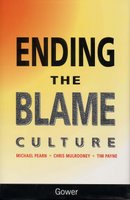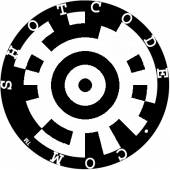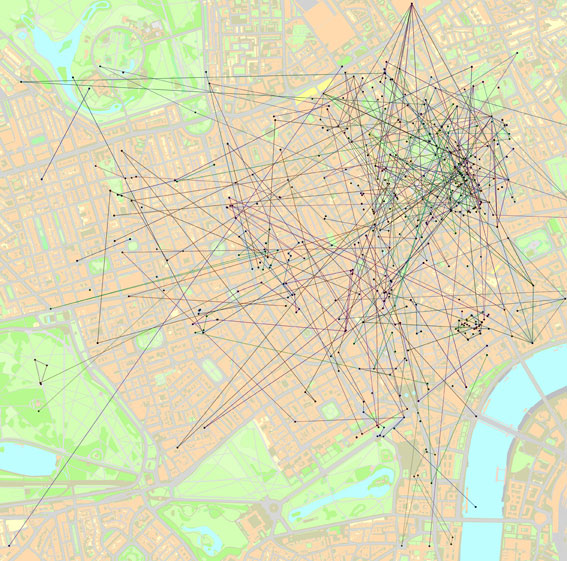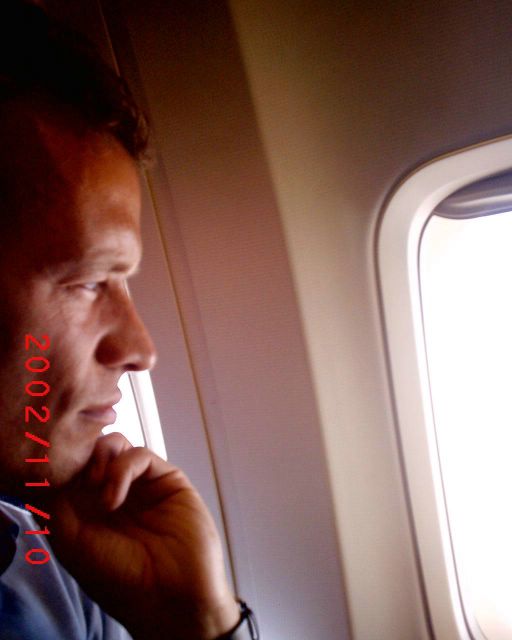Knowledge recycling
 This week is becoming a somewhat melancholic trip down competency lane, as I'm reminded, triggered by several client requests, to work I undertook 8 to 12 years ago. I rediscovered (trawling server archives and even floppy disks) my own work in teaching interaction design, knowledge modelling (working with sound engineers and speech therapists as case material, quite eclectic) and group facilitation. One of my favourite subjects in the course I taught on interaction design were the Gestalt principles, well explained by this text (the picture in this post is a teaser).
This week is becoming a somewhat melancholic trip down competency lane, as I'm reminded, triggered by several client requests, to work I undertook 8 to 12 years ago. I rediscovered (trawling server archives and even floppy disks) my own work in teaching interaction design, knowledge modelling (working with sound engineers and speech therapists as case material, quite eclectic) and group facilitation. One of my favourite subjects in the course I taught on interaction design were the Gestalt principles, well explained by this text (the picture in this post is a teaser).Seeing all my slides and other teaching material, there's lots that can easily be reused, and I'm sure it will be! More later.
Categories: education, KM










